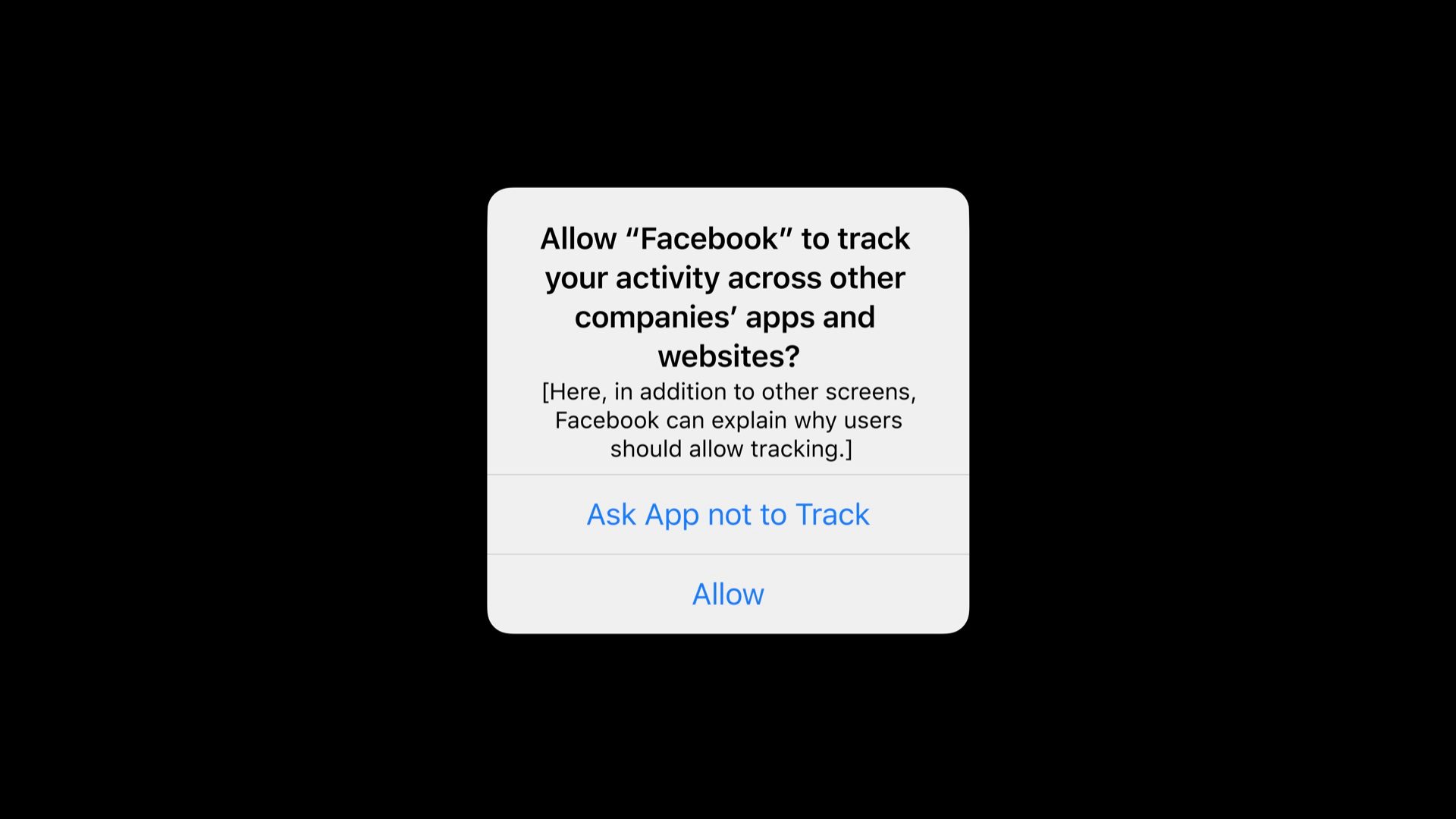Is privacy weaponized?
The data infrastructure powering a lot of consumer facing digital technology is undergoing its own form of woke-ism. At the forefront is “privacy”. At some level privacy is a fundamental right for consumers, but if profit driven companies drive the conversation, at what point does privacy become weaponized?
Governments in Europe took their first stance on privacy through GDPR (California via CCPA) and most of the tech industry reluctantly updated its systems and services to comply. However, new enforcement is coming from companies that build and sell the infrastructure and hardware directly to consumers. Apple, Amazon, and Google are beginning to police their hardware and need questioning around their motives: are the changes meant to create better user/consumer experiences or generate more company profits?
Virtuous companies should be building things that consumers want (or getting rid of things they don’t want). If the user doesn’t want to be tracked through an advertising_id on their mobile device, then they should have the ability to turn it off or even destroy it from the system. The debate is in the implementation and the bias created around it. The implementation leads to a series of inevitably difficult judgement calls by each device manufacturer.
As of right now, Apple is going to enforce that all apps which request the IDFA (advertising_id) show the following prompt to their users:

Apple was the first (but not the last) company to suggest its take on privacy. Already well discussed throughout the industry over the past year, their iOS ATT framework will limit the ad industry from sharing user profile data without consent. Two possible opposing motives sit behind this:
- Apple is virtuous and truly thinks past implementations of IDFA were insufficient for user privacy (altruistic)
- Apple can reduce developer access to the IDFA in an attempt to weaken competitors in the advertising industry (weaponized)
The true motivation is nearly impossible to determine so, as Schrodinger would say, it’s both. Apple’s marketing positions its decision as altruistic, will likely yield more consumer adoption of iOS devices, and simultaneously create a more distinct moat to profit on within the advertising industry.
There is a silver lining to this for developers; when platforms go through such a massive change, there remains a lot of opportunity for disruption of the status-quo. I personally work with 1000s of smart developers looking at this problem through various opportunistic lenses that can greatly change the way privacy is viewed for the better. Generally this shift favors a lot of the smaller developers who can tactically change direction faster and makes a lot of the larger developers re-engineer their internal data systems and marketing processes to accommodate changes.